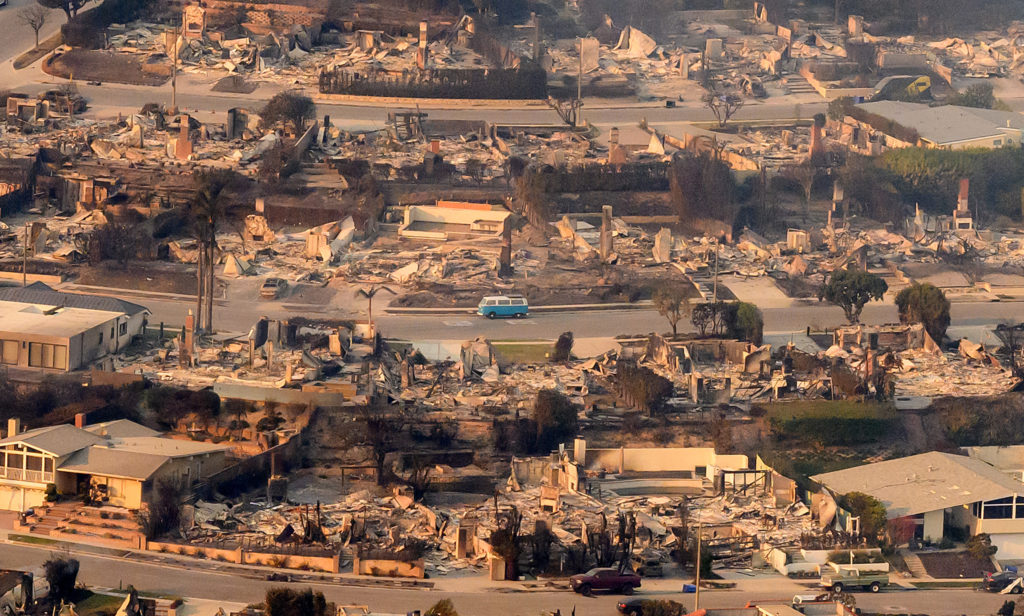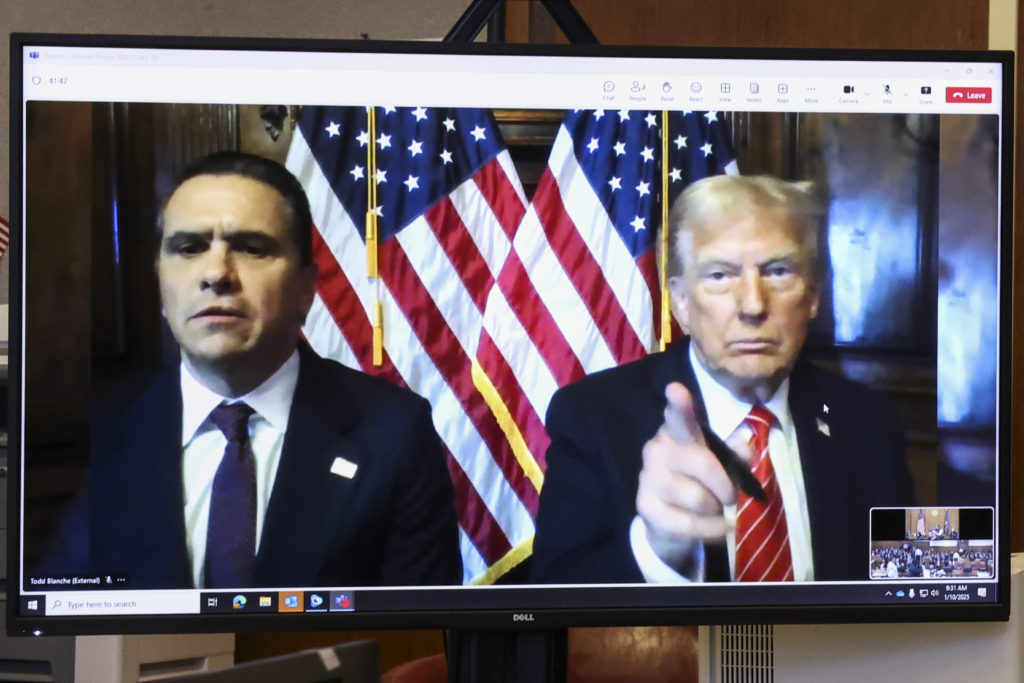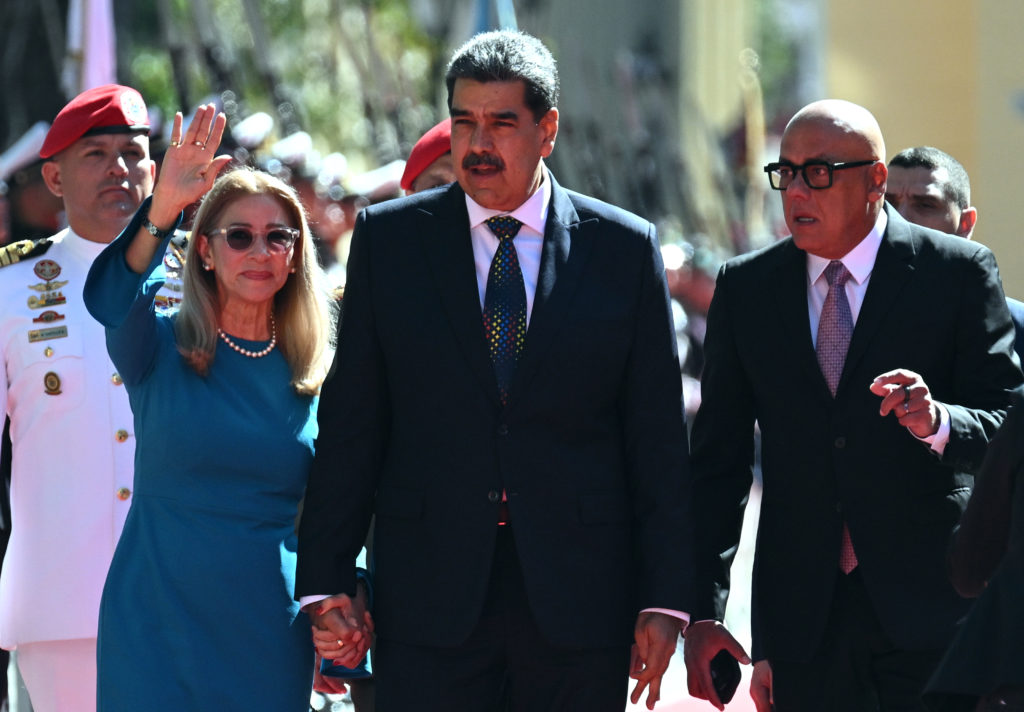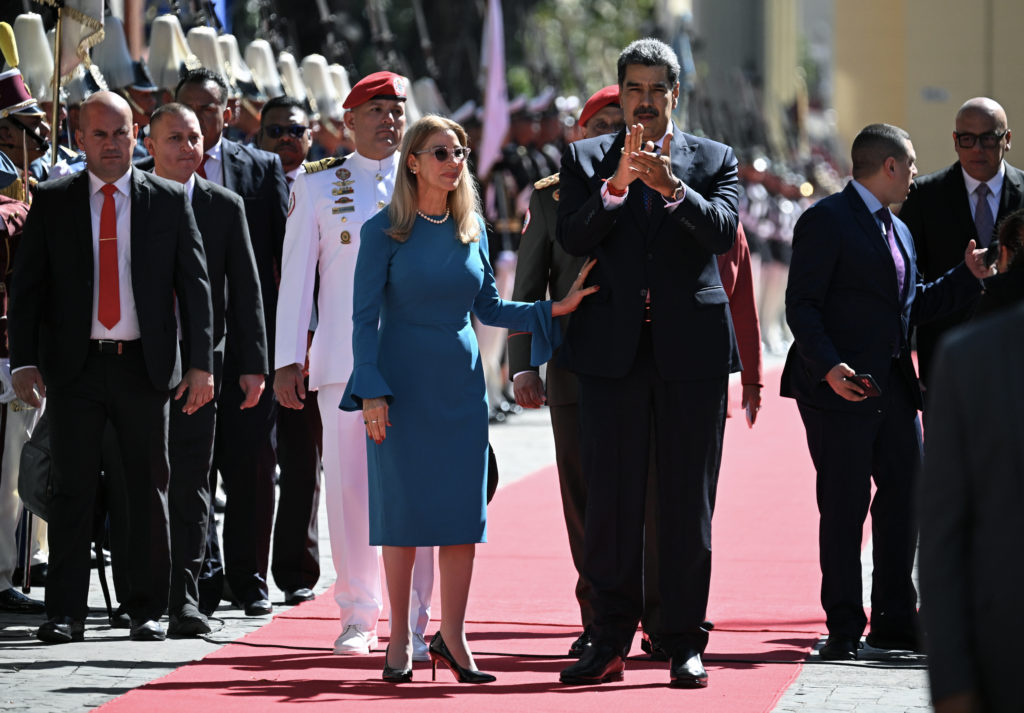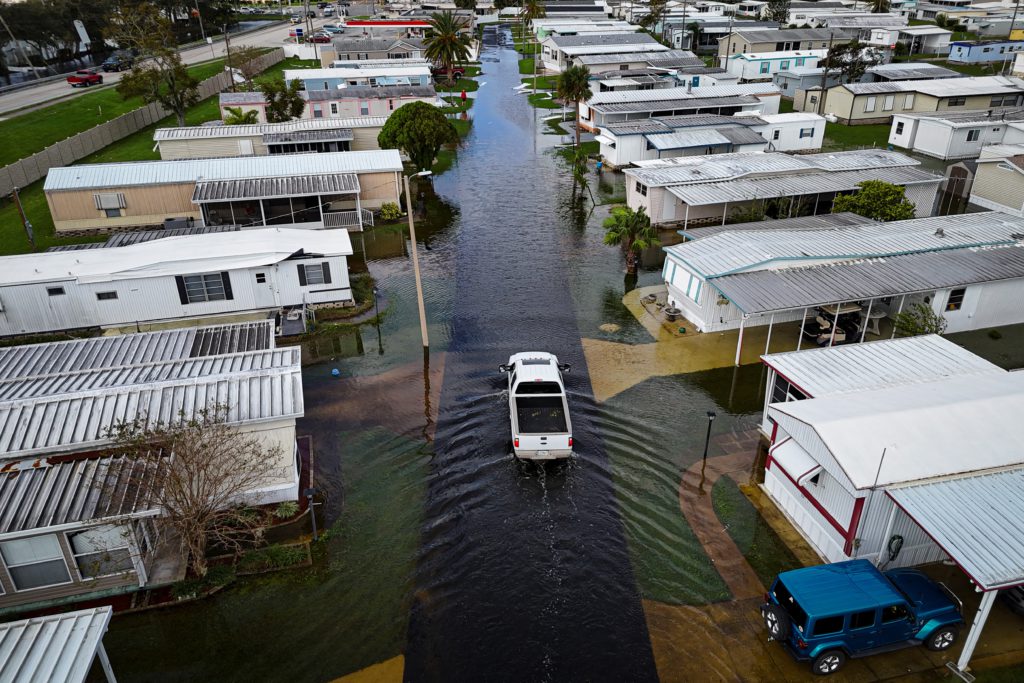Ethnic Serbs dug in Wednesday for a long protest over the Kosovo government’s decision to ban vehicles with Serbian plates as they formed a tent camp on the border with Serbia.
They started blocking border traffic after the ethnic Albanian-led government decided on Monday to oblige drivers with Serbian registration plates to put on temporary ones when entering Kosovo.
A few hundred ethnic Serbs were camping in tents by trucks parked in the middle of the roads leading to the border.
“We are not leaving here,” said one 43-year old protester who identified himself only as Dejan.
“Let (Kosovo Prime Minister Albin) Kurti allow our Serbian plates and then we can talk,” he added.
The government in Pristina justified the ban over Serbia’s refusal to allow cars with Republic of Kosovo plates to enter the country.
Belgrade’s position is that they imply its status as an independent nation, which is bitterly disputed by Serbia.
“This isn’t a provocation, nor is it discriminatory,” Kurti wrote on Twitter on Wednesday. It was just a reciprocal measure, he said.
Unlike the 40,000 Serbs who live in the tense north of Kosovo, some members of the Serb population in Kosovo seem to have started to accept the new regulation.
According to the interior ministry, some 1,500 temporary licences were issued in the 24 hours after the ban was introduced.
– Calls for restraint –
The dispute “doesn’t suit any of us,” 60-year old Snezana Slavkovic, who frequently travels between her south Kosovo home and Serbia, told AFP.
“Let them agree once and for all, let them solve problems”, she added, before crossing the border, having acquired her provisional plates.
Serb hardliners in the north, however, are adamant they will refuse the temporary plates.
Oliver Varhelyi, the EU commissioner responsible for enlargement, called on both sides to “exercise restraint and de-escalate the tensions, return to dialogue and ensure freedom of movement without delay”.
“Unilateral actions are never a solution”, Varhelyi wrote on Twitter.
Kurti told reporters that EU foreign chief Josep Borrell had asked Pristina to “talk to Belgrade for a de-escalation of situation”.
A Kosovo representative “agreed to meet” with Serbian counterparts in Brussels to discuss the issue, but Belgrade “rejected the proposal”, he said.
Serbia’s President Aleksandar Vucic said there would be no talks before Kosovo’s armed forces withdrew from the north of Kosovo.
Generally, the Kosovo armed forces refrain from going to the north, but were deployed Monday to supervise the implementation of the new measures at the border.
“Bring things back the way they used to be, and then we can talk”, Vucic told reporters.
Kosovo declared independence from Serbia in 2008, a decade after the bloody war between ethnic Albanian guerrillas and Serbian forces which claimed 13,000 lives, mostly ethnic Albanians.


